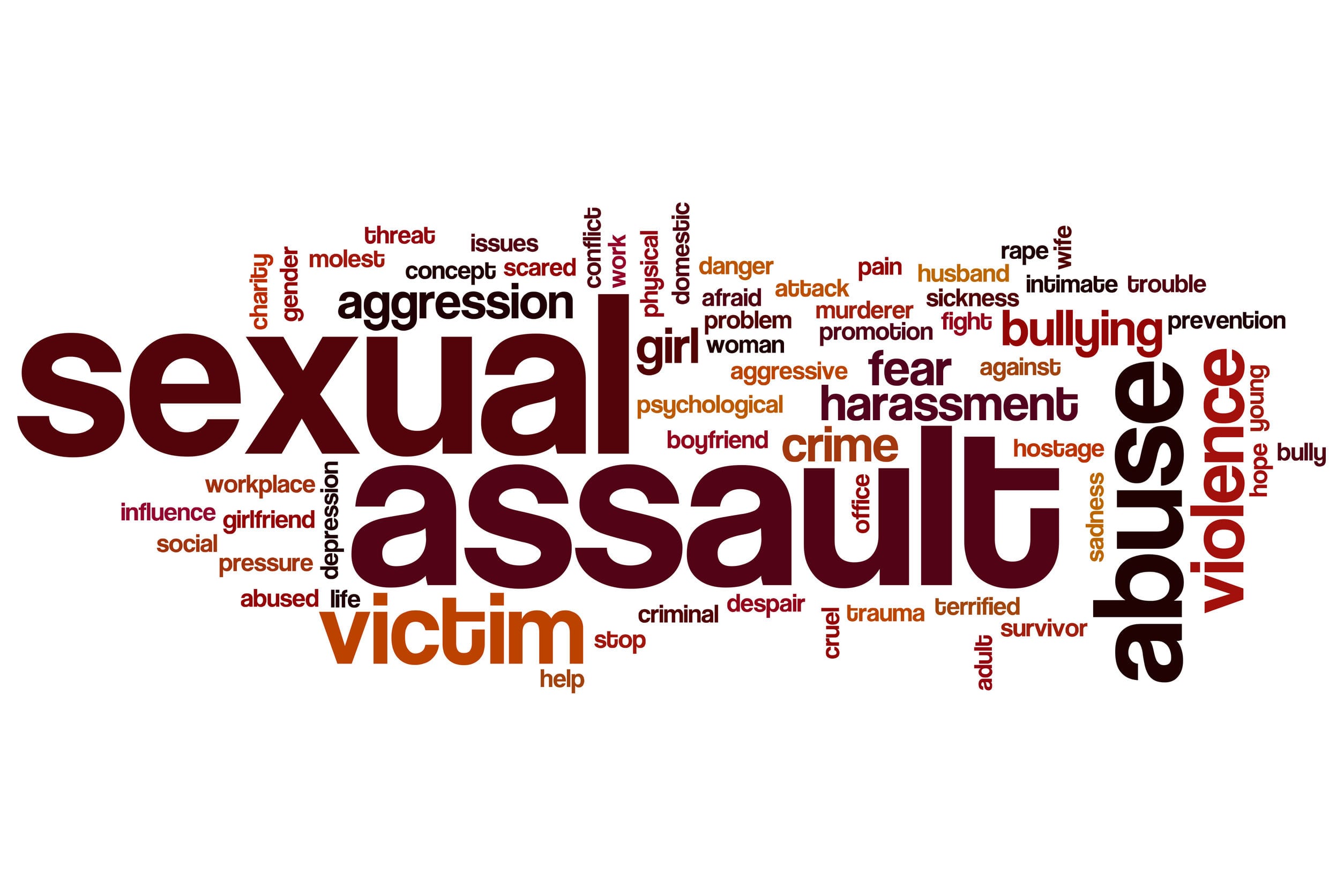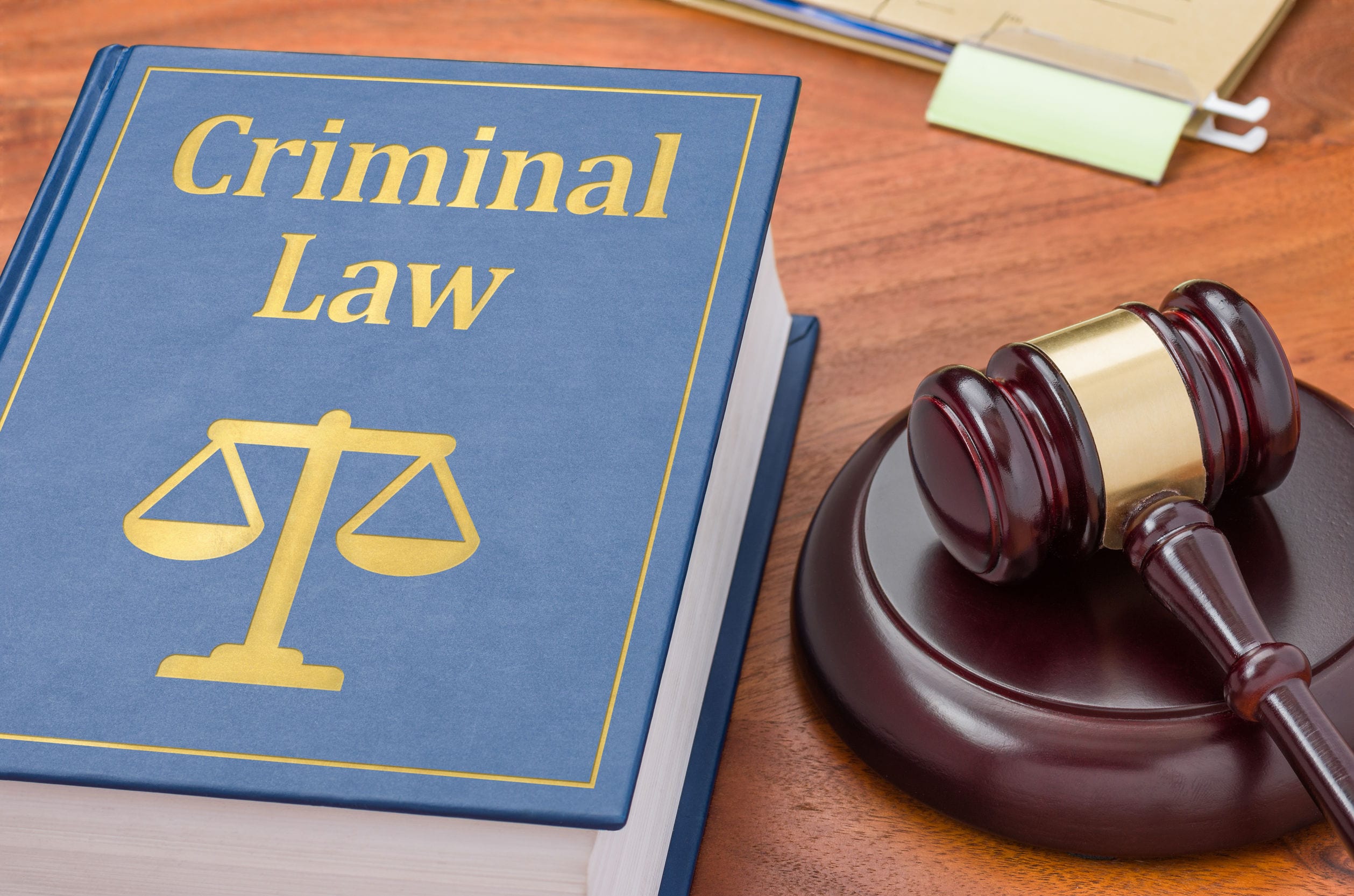- Home
- THE FIRM+
- Criminal Defense+
- CASE RESULTS
- AREAS WE SERVE+
- FAQ’s
- Blog
- Contact
AZHARI LLC BLOG

Posted By: Sami Azhari
Category:
Sexual assault is an incredibly serious crime in Illinois, but it can be elevated to the even more serious crime of aggravated sexual assault when certain conditions are present. In this post, we are going to detail the differences between the two crimes and what you can do to protect your rights and fight for your future if you find yourself accused of this act.
Sexual Assault Laws in Illinois
Sexual Assault
If an individual knowingly and intentionally commits a penetrating sexual act and any of the following four circumstances are present, an act qualifies as sexual assault:
- The act is against someone who does not or cannot give consent. The latter situation applies to victims who are minors, mentally incapacitated, or incapacitated by a controlled substance.
- Force of the threat of force is used.
- The victim is under the age of 18 and the alleged perpetrator is a member of their family.
- The victim is between the ages of 13 and 18 and the alleged assailant is 17 or older and holds a position of authority, supervision, or trust over the victim.
Sexual assault charges come with significant penalties under Illinois law. It is classified as a Class 1 felony, and a conviction for a first time offender can result in four to 15 years of imprisonment. For a second conviction, the charge can be raised to the even more serious Class X felony.
Sexual assault cases can be difficult to navigate because the acts normally happen in private and without witnesses. An experienced Chicago criminal attorney will know how to examine the evidence to defend you against the charges.
Aggravated Sexual Assault
Aggravated sexual assault is a sexual assault that also involves one or more of the following elements:
- The threat to use or the use of a dangerous weapon.
- The offender made death threats against the victim.
- The act caused bodily harm to the victim.
- The act put the victim’s life in danger.
- The offender administered a controlled substance to the victim without consent.
- The victim was under the age of eight.
- The victim was over the age of 60.
- The victim was mentally or physically incapacitated.
Aggravated sexual assault is a Class X felony in Illinois. A conviction will result in six to 30 years in prison, which can be extended to a life sentence. Mandatory minimums may be enforced with aggravated sexual assault charges.
Defenses to Illinois Sexual Assault Charges
A skilled defense attorney will be able to fight against your charges and work to get them reduced or dropped. The sooner you contact an attorney, the better your chances will be to reach the best possible outcome in your case.
Here are some of the defenses your lawyer may opt to use depending on the specifics of your case:
Alibi. If you are able to show that you were somewhere else when the act took place, this can be a truly strong defense.
Mistaken Identity. DNA evidence can be presented to show that you are not to blame.
False Testimony. It’s possible that the victim falsely accused you out of a desire to seek revenge or for some other reason. Typically, something like this would be used as part of a larger strategy and would involve providing evidence of the accuser’s intent or examples of them lying in other parts of their life.
Age of Victim. If your charge is due to the fact that the victim was underage, you may be able to use this defense if you can show that you inquired about the victim’s age and believed that they were at least 18 years old.
Consent. An experienced attorney may be able to find evidence to support this defense, which maybe even be enough to get your case dismissed, depending on the circumstances.
Obviously, no one wants to have to face either of these charges. However, if you are being charged with aggravated sexual assault and are able to get that reduced to regular sexual assault, there is a huge difference in the consequences.
If nothing else, showing that the act you are being accused of should not qualify as aggravated is a good start, and the first step toward doing this is knowing the legal difference between the two acts.
Need Legal Assistance? Contact Our Sexual Assault Attorney
Facing charges of sexual assault or aggravated sexual assault can be daunting and life-altering. If you’re navigating this complex legal terrain, don’t wait to seek help. Contact Sami Azhari today to get a skilled, experienced Chicago criminal defense attorney on your side. Protect your rights and fight for your future. Click here to schedule your consultation and start building your defense.
About the Author
Sami Azhari has been working as a lawyer since 2007, after receiving his Juris Doctor from the Michigan State University College of Law. He has handled numerous state and federal cases, and is known throughout the Chicago and Rolling Meadows area for providing his clients with high-quality, skilled representation. He has been recognized by SuperLawyers, the National Trial Lawyers Association, and other notable organizations, and has spoken at a number of legal conferences.



























































